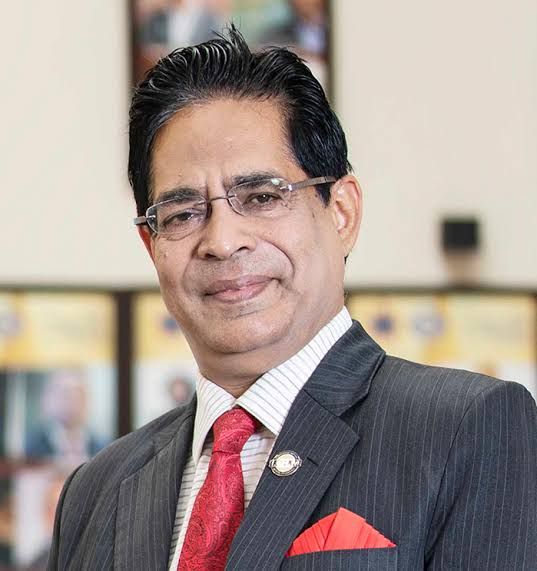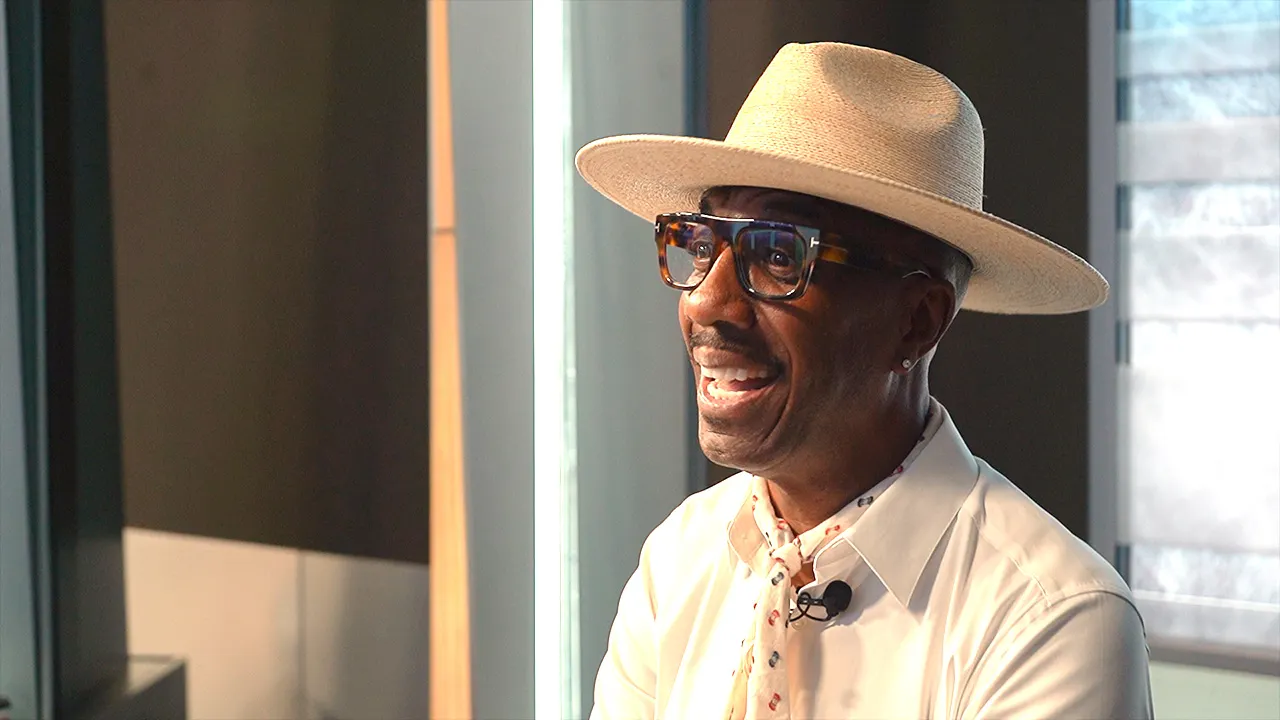Copyright Forbes

While many organizations succumb to pressure to compromise their values, the best brands don’t treat those values as marketing slogans. They embed them into their operations, structures, and culture, and use them as a compass for both leaders and employees. True commitment matters. A 2022 Gallup report found that only 23% of U.S. employees strongly agree they can apply their organization’s values to their work. A 2023 Mayo Clinic review of survey results from 387 clinical units across Mayo Clinic Health Systems showed that employees’ perceptions of their organization’s commitment to its values was a significant predictor of staff well-being, belonging, and engagement. Together, these findings illustrate that when leaders fail to demonstrate behavioral integrity and values are not evident throughout the business, employee engagement and well-being decline. Leaders who stay true to their values build lasting credibility as stewards of companies that stand for more than profit. So, how can business leaders remain true to their values in a way that’s practical and enduring? Define Core Values Publicly and Unambiguously By declaring values publicly and explicitly companies remove any doubt what they stand for. Defining them as observable, tangible behaviors that are easily understandable and visible to employees, stakeholders, partners, and the public is key. This clarity can be a guide in moments of uncertainty or change, ensuring that everyone knows what drives the organization’s actions. Keep Core Values Central to Decision Making When setting the goals and direction of their business, leaders must use values as the lens for both big and small decisions. Misalignment begins the moment leaders fail to keep those values at the forefront of their decision-making. Choices that contradict declared principles create fractures in culture, and when employees and customers stop believing you stand for what you say you stand for, credibility fades. MORE FOR YOU Create Accountability Structures Values can’t just live on the website and in your company’s marketing materials. They must be embedded into hiring practices, performance reviews, and team goals to reinforce that they are reflected at every level of the organization. Clients and customers want to know that your company’s systems align with its purported values. Model Core Values Consistently When a company has values that every employee is passionate about, it is visible in each person at every level of the organization, embodied in every system built to grow and develop the business, and integrated into their daily activities. Company leaders can demonstrate integrity and build trust through every consistent action taken. The following leaders have embedded their company’s values into the systems, structures, and cultures of their organizations, and model those values through their daily actions: Ben Cohen and Jerry Greenfield (Ben & Jerry’s) The founders of Ben & Jerry’s built activism into their ice cream brand from the very beginning. Their social-justice advocacy and corporate mission are inseparable. Over the years, they have taken principled public stances on racial justice, climate change, voting rights, and global peace. They also established a three-part mission focused on product quality, economic reward, and progressive social impact. Every pint sold reinforces their belief that business can, and should, be a platform for positive change. Even though the founders sold the company in 2000, they established an independent board that would protect “the social mission, product quality, how the company is marketed, and the use of Ben & Jerry’s trademark” Cohen posted on the X platform on November 5, 2025. Their values remain central to their brand. Yvon Chouinard (Patagonia) Patagonia was built around the idea that business should serve the planet. Under Yvon Chouinard’s leadership, the company adopted sustainable materials, strengthened supply-chain accountability, and challenged overconsumption with campaigns like “Don’t Buy This Jacket.” In 2022, to cement his commitment to ensuring that Patagonia always exists as a responsible business, Chouinard took the unprecedented step of transferring ownership of Patagonia to the Patagonia Purpose Trust, created to protect the company’s updated values, and the Holdfast Collective, a nonprofit focused on climate protection. This was not a symbolic gesture. Chouinard permanently redirected Patagonia’s future profits to environmental action. Hamdi Ulukaya (Chobani) Chobani was founded on the belief that business should expand opportunity and uplift the people who make it run. Hamdi Ulukaya put that philosophy into action by offering starting wages well above industry standards, providing robust benefits, and giving employees an ownership stake through a significant equity grant. He has also been a vocal advocate for refugee employment, hiring thousands across Chobani’s facilities and urging other companies to do the same. Beyond its people practices, Chobani’s work reflects a broader set of values: using food as a force for good, investing in community initiatives like its mobile food hub in southern Idaho, and innovating products that remain nutritious and accessible. In his 2019 TED Talk, The Anti-CEO Playbook, Ulukaya argued that companies should put people before profits, a philosophy that has shaped Chobani’s culture and public identity. Values-driven leadership doesn’t have to be perfect. But employees and customers expect leaders to have clarity about what they stand for, the discipline to act on those commitments consistently, and the courage to hold the line when it would be easier to capitulate. When leaders anchor their decisions and behaviors in their values, they build companies that stand for more than financial success. Employees notice this difference. They are far more likely to trust leaders who show behavioral integrity and genuinely walk their talk.



